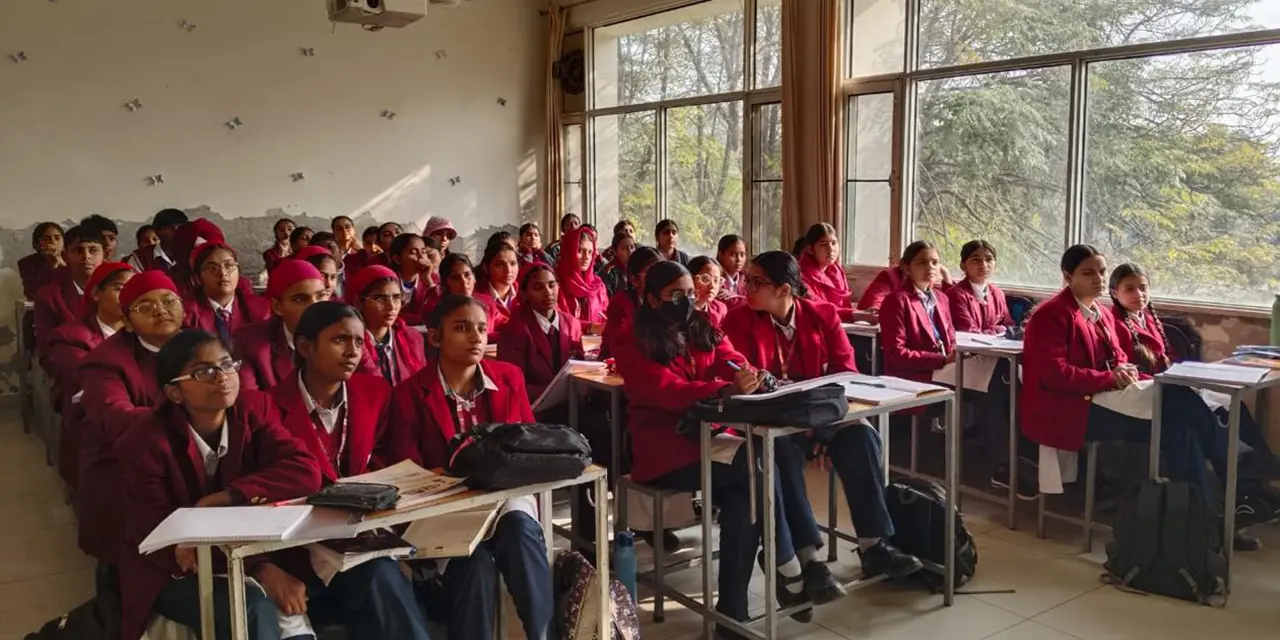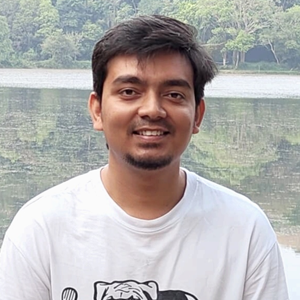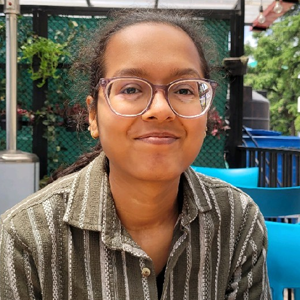“Life is a race. If you don’t run fast, you will be like a broken undaa.”
This infamous line, delivered by the character Viru Sahastrabuddhe, better known as Virus, in the 2009 Bollywood film 3 Idiots (directed by Rajkumar Hirani), portrays the relentless pressure of academic competition in India. Played brilliantly by Boman Irani, Virus is a symbolic representation of a rigid, performance-driven education system that prioritises ranks over real learning.
According to a 2023 report by the Press Information Bureau(PIB), citing the Economic Survey, around 47% of India’s population depends on agriculture for their livelihood, including related activities like animal rearing, crop cultivation, etc. This number rises to 65%. For many of these families, education support is a luxury. With financial priorities already stretched, affording extra classes or coaching often comes at unimaginable sacrifices.
These hardships create a situation much like that of Raju Rastogi from 3 Idiots. Raju was a good student in his early years, but as academics became more demanding, he found it harder to cope without additional support. Parents often invest everything they can into their child’s education, hoping it will lead to a better future. While this support is meant to help, it can sometimes make students feel pressured to succeed at any cost. The hope they place in their children becomes both a motivator and a source of anxiety. Students end up shouldering their family’s dreams, financial strain, and emotional sacrifices, all while trying to succeed academically. It often takes a toll on their mental health, with many suffering in silence.
Recognising this reality, the Government of Punjab launched the Punjab Academic Coaching for Excellence (PACE) program, a direct response to the inequities of India’s high-pressure, high-cost coaching culture. Much like the turning point in 3 Idiots where learning, not ranking, becomes the true focus, PACE was designed to ensure that students from government schools can prepare for competitive exams without the crushing weight of financial pressure or societal expectations. By removing the cost barrier and centring well-being alongside academics, PACE is providing that opportunity for the students who might otherwise be left behind.
With programs like PACE, the story is beginning to change.
As part of this initiative, three residential coaching camps were organized over the course of a year 2024-25 during summer and winter vacations, reaching 1,950 students preparing for JEE and NEET. These camps were held across different districts, including Amritsar, Ludhiana, Mohali, and Jalandhar. Students followed structured routines with expert-led classes, personalized mentoring, and access to high-quality learning material,creating an environment focused solely on preparation and growth.
PACE allows students to dream big, without the burden of financial & societal pressure. The program provides coaching, mentorship, and academic support while students continue studying in government schools. Most importantly, it eliminates the crushing financial pressure associated with private coaching.
In India, retaining children in higher education is one of the biggest challenges. PACE supports students by helping them prepare for competitive exams and by providing the guidance and care needed to manage their academic and personal challenges. The program offers mental health support, counselling, yoga, meditation, and fun activities like summer camps, ensuring the learning journey is both effective and stress-free.
Even if a student doesn’t make it to a top-tier institution, PACE ensures they still find pathways to quality higher education, without fear or shame. With the right support, every child has the chance to pursue their goals with dignity and confidence.
In Punjab, students are now carving out their own journeys, pursuing careers as scientists, conducting research in physics, building new theories, serving as doctors, and more. And among them are students like Harkiran Das and Lovepreet Singh from the villages of Sekha and Ferozepur, respectively, whose stories are worth sharing.
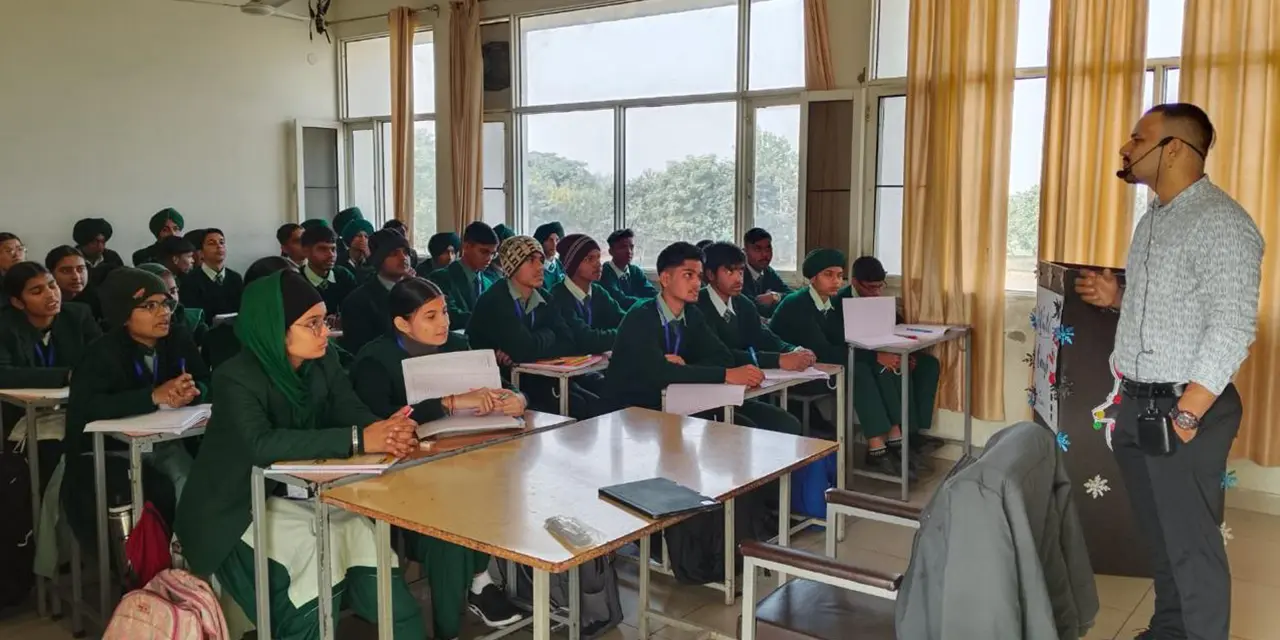
From Barnala to NIT: Harkiran’s Journey of Grit and Aspiration
Sekha is a large village in Barnala district, Punjab, where farming shapes everyday life. A young boy dreamed of a life far beyond his village.
Harkiran Das, a student of the Residential School for Meritorious Students, Patiala, has shown that with discipline, resilience, and the right support, no dream is out of reach.
Harkiran’s father works as a farmer, and his mother is a homemaker. Coming from a humble background, with a family income of just ₹1,00,000 per year, financial constraints were part of everyday life, but that never stopped him from pursuing his dreams. Financial constraints were part of everyday life, but they never defined the boundaries of his ambition.
His academic journey took a turning point when he joined Punjab’s PACE program and received structured support through Avanti coaching. Regular PACE tests and disciplined self-study helped him secure admission into NIT Jalandhar for Civil Engineering, his dream field.
Now a proud student at one of India’s top engineering colleges, Harkiran aspires to become a successful Civil Engineer and contribute to meaningful development in society. For him, success is not just about a job, it’s about building a reputation rooted in integrity and skill.
When asked if he has any message for students currently preparing for competitive exams, Harkiran says:
“Focus on self-study, maintain your mental well-being, and most importantly, cultivate discipline. That will carry you forward even when resources are limited.”
Harkiran’s journey is a beacon of hope, proof that dreams can grow in even the humblest of soil when supported by the right system.
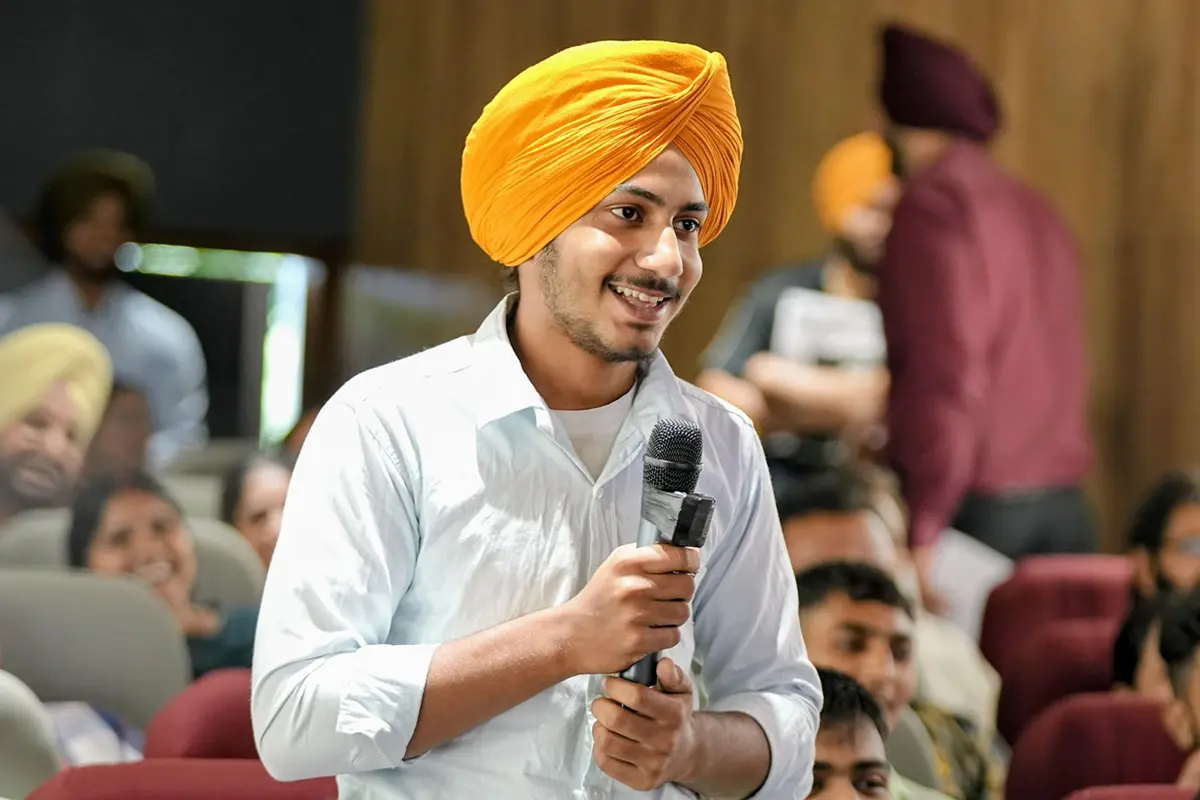
Lovepreet Singh: From Rural Ferozepur to IIT Jammu, A Story of Self-Determination and Peer Power
In Ferozepur, Punjab, for Lovepreet Singh, a student of Saragarhi Memorial Meritorious School, Hakumat Singh Wala, the path to IIT Jammu was anything but easy.
Raised in a family with an annual income of less than ₹1,00,000, Lovepreet’s father works as a driver and manages a small 2–3 kanal plot of land. His mother is a homemaker. Financial stress was a constant, but Lovepreet carried something deeper and stronger, a relentless drive to rise above it.
Coming from a rural background, Lovepreet struggled with English communication and the fast-paced academic environment. But instead of being discouraged, he took initiative. He created a peer study group with three classmates, a smart, collective strategy that helped all four of them qualify for JEE Mains.

Lovepreet also benefited from Punjab’s academic support ecosystem, receiving structured help from Avanti coaching, PACE classes, and mock tests. These tools built his confidence and competence, helping him crack one of India’s most competitive entrance exams.
Now studying Material Science at IIT Jammu, Lovepreet stands at the threshold of a promising career. He aims to work in the corporate sector and hopes his journey becomes an example of what’s possible with determination and the right support.
His advice to students:
Focus strongly on JEE Mains and Advanced. Before diving into advanced topics, build a solid foundation in your core concepts. That’s what makes all the difference.”
Lovepreet’s story is not just one of academic achievement; it’s a story of leadership, peer support, and using every opportunity to its fullest.
Conclusion
Harkiran and Lovepreet’s journeys show what becomes possible when students receive the right academic and emotional support. In places where financial challenges and limited access often shape a student’s future, structured programs like PACE offer a different path.
With access to coaching, mentorship, and consistent encouragement, students can focus on their goals without carrying the entire burden of financial and emotional pressure. They learn to navigate challenges with clarity, lean on peers for support, and build confidence through preparation.
This kind of support creates real opportunities for students to succeed on their own terms, through preparation, discipline, and care that meets them where they are.


